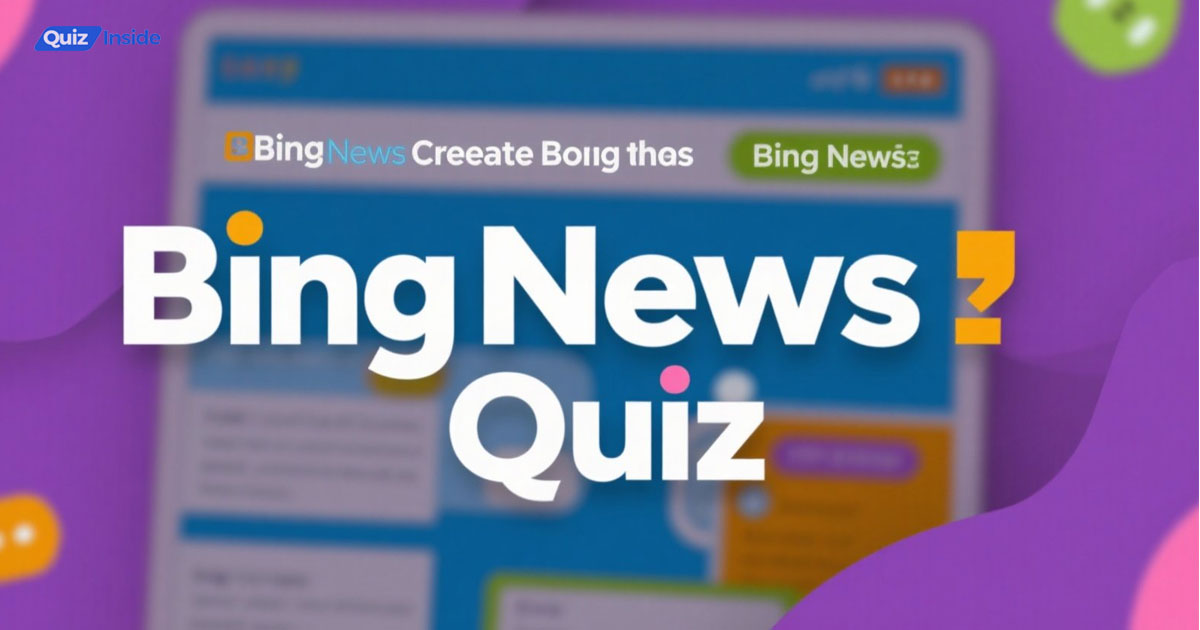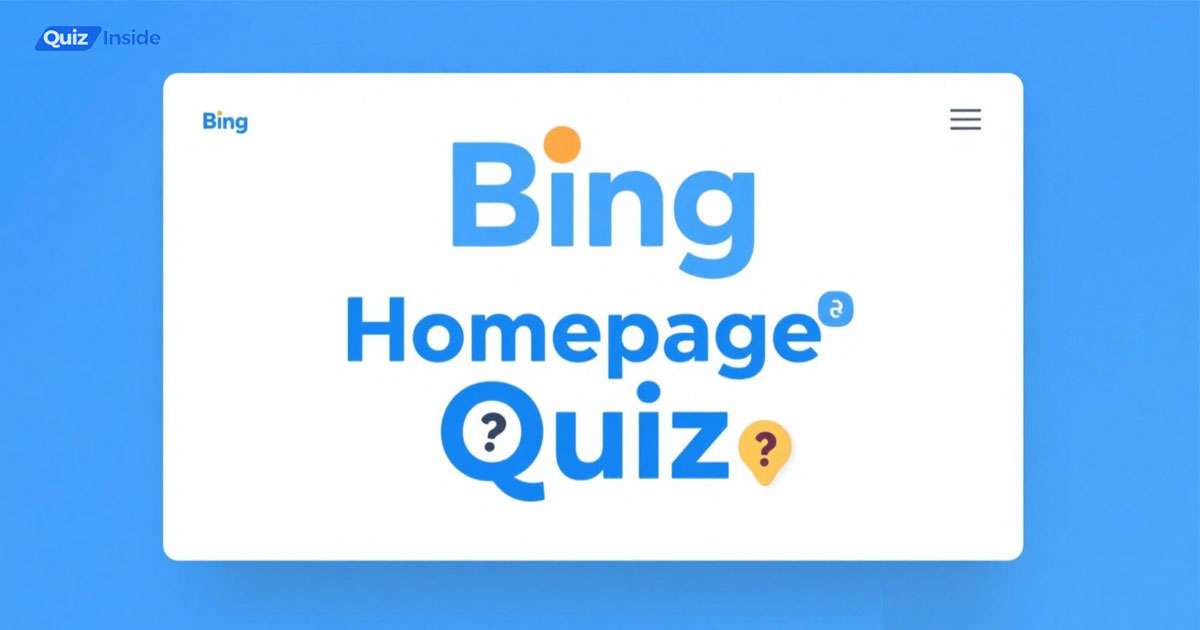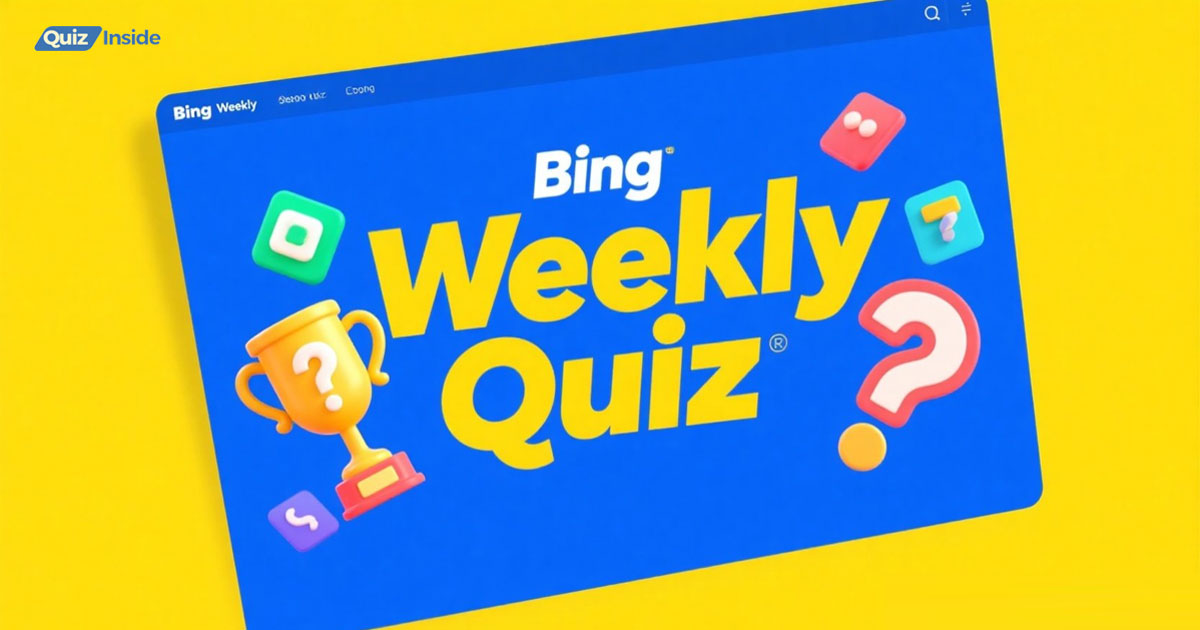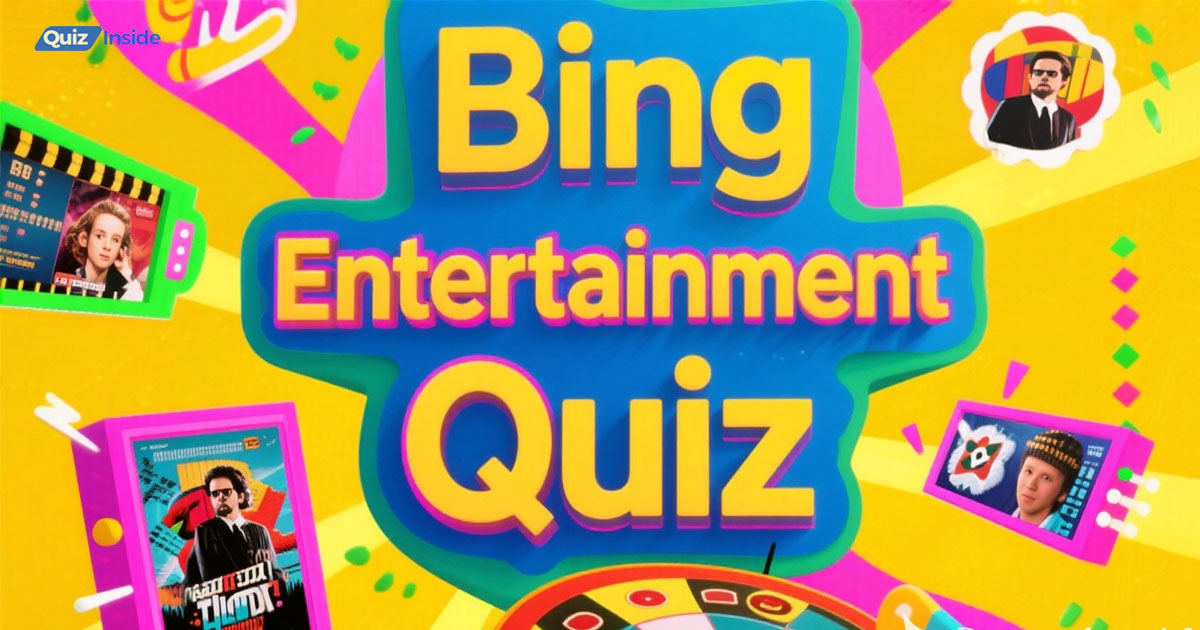A “Bing Rivers Quiz” would be a fun online quiz about rivers (names, locations, features) designed like Bing quizzes, helping kids learn geography while playing.
Introduction
Rivers are some of the most fascinating parts of our planet. They carry water, shape landscapes, support life, and connect communities. Imagine turning all your river knowledge into a quiz—something like a “Bing Rivers Quiz”! In this article, I’ll explain what a rivers quiz is, how it could work in the style of Bing, why it’s helpful for 5th graders, sample questions, tips for success, and lots more. By the end, you’ll have a strong idea of how this quiz works and how it helps you learn.
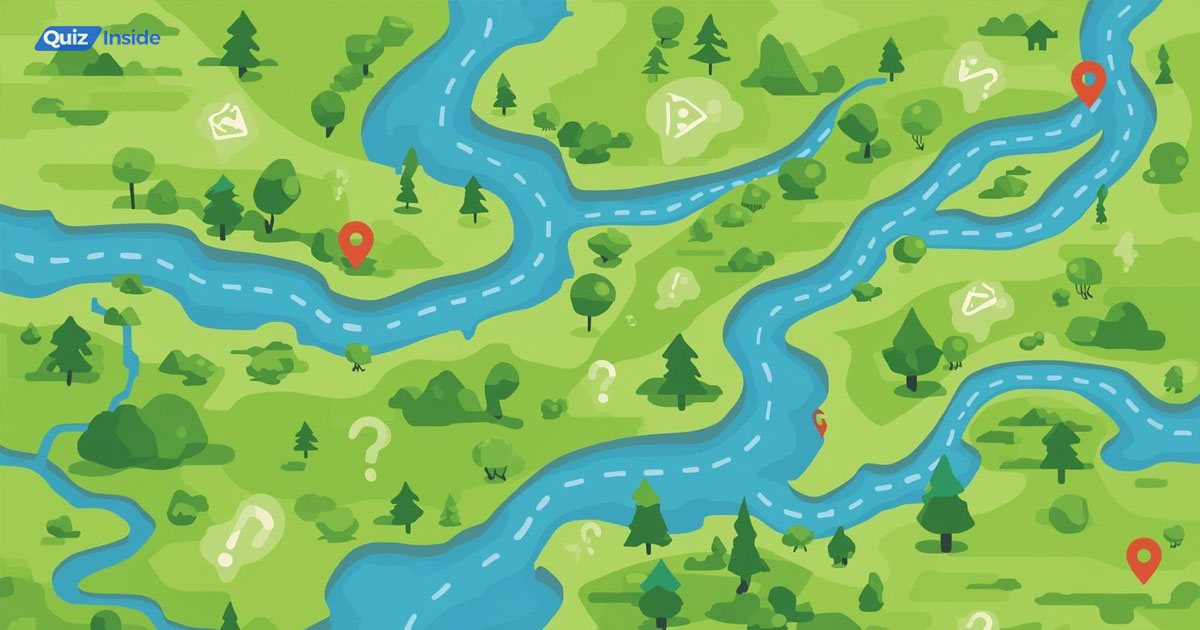
Why a Rivers Quiz Is a Great Idea
Before we dive into how to make or take a rivers quiz, let’s see why it’s a smart and fun tool—especially for 5th graders in the U.S.
-
Connects classroom learning — In school you learn about geography, Earth science, water cycle—rivers tie into all of those.
-
Engaging way to review — Rather than just reading a textbook, a quiz feels like a game.
-
Improves retention — Answering questions helps you remember facts better.
-
Teaches map skills — Many river quizzes use maps, so you practice identifying where rivers are.
-
Encourages curiosity — A quiz question might lead you to explore more about a river or region.
Because quizzes combine challenge and fun, they motivate you to learn without feeling like punishment.
What Could a “Bing Rivers Quiz” Be Like?
Let’s imagine how a rivers quiz built in the style of Bing might work:
-
A homepage or icon on Bing labeled “Quiz: Rivers”
-
A short introduction: “Test your river knowledge! 12 questions, fun facts included.”
-
Multiple choice format — for each question, four options (A, B, C, D)
-
Maps or images sprinkled in (for questions like “Which river is this?”)
-
After each answer, instant feedback: correct/incorrect + a fun fact
-
At the end, a score plus review of which ones you missed and why
-
Option to retake quiz or share score with friends
This layout is familiar from daily quizzes or trivia features on search pages.
Key Topics to Include in a Rivers Quiz
To build a complete and balanced quiz about rivers, include the following areas:
Major Rivers of the World
Names, continents, where they flow. Examples: Nile, Amazon, Yangtze, Mississippi.
River Features & Terms
Words like tributary, mouth, delta, source, watershed.
Processes & Functions
Erosion, deposition, flooding, how rivers shape land.
Rivers in the U.S.
Mississippi, Missouri, Colorado, Columbia, Rio Grande, etc.
River Ecosystems & Uses
Plants, animals, human uses like irrigation, transportation, hydroelectric power.
Map or Visual Questions
Show a map and ask which river flows there, or show a delta, meander, etc.
By combining these, you get a quiz that covers geography, science, and real-world relevance.
Tips to Do Well in a Rivers Quiz
Here are some strategies to boost your score:
-
Know basic vocabulary first
Learn terms like source, mouth, tributary, watershed, delta, erosion. -
Start with major rivers
Focus on widely known rivers first—Nile, Amazon, Mississippi. -
Use maps often
Study world or U.S. maps showing major rivers. The more you visualize, the better. -
Use mnemonic devices
For example, “Nile in Africa, long and historic” or “Crazy Cats (Colorado, Columbia, etc.)” to group rivers. -
Practice quizzes online
Sites like World Geography Games have river quizzes. world-geography-games.com
Another is LizardPoint – World Rivers Quiz. lizardpoint.com -
Review mistakes
If you miss a question, study why you missed it. Write down facts. -
Make your own quiz
Constructing questions strengthens what you know. -
Time yourself sometimes
But first make sure you understand—speed comes later.
These strategies help you build confidence and deepen your river knowledge.
How Teachers or Parents Can Use a Rivers Quiz
A rivers quiz isn’t just for fun—it becomes a powerful tool in teaching and learning. Here’s how adults can use it:
-
Warm-up activity in class: Begin a geography lesson with 5–7 river questions.
-
Homework assignment: Assign a rivers quiz to do at home, then review in class.
-
Group competition: Divide students into teams and quiz them in friendly competition.
-
Quiz creation project: Let students make their own quizzes and swap with classmates.
-
Integrate with lessons: When studying water cycles, ecosystems, or geography, tie in river quiz questions.
-
Use as assessment: Use the quiz to see what kids know before or after a river unit.
By weaving quiz activities into lessons, students stay engaged and retain more.
Future Extensions & Deeper Learning
After mastering river quizzes, you can expand in these directions:
-
River Basins and Watersheds: Study how all tributaries combine into larger systems.
-
Human Impact: Research how pollution, dams, and water usage affect rivers.
-
River Conservation: Learn about endangered rivers, cleanup projects, and sustainable practices.
-
River Tours and Virtual Field Trips: Use virtual tools to explore famous rivers like the Nile, Amazon, or Mississippi.
-
River History and Civilization: Many ancient civilizations grew along rivers (e.g. Egypt and Nile, Mesopotamia and Tigris/Euphrates).
-
Interactive Projects: Students can map out river paths, model erosion in experiments, or simulate flooding.
These deeper topics make a quiz just the beginning of a richer exploration.
Frequently Asked Questions
Here are 7 sample questions people might ask about a rivers quiz, plus answers. Use these to add to your article or help others understand.
Q1: Why include map questions in a rivers quiz?
A: Map questions test spatial awareness and help students see where rivers flow globally. They reinforce geography skills.
Q2: How many questions should a rivers quiz have for 5th graders?
A: Around 10–15 questions is good. It keeps quiz manageable but still covers a lot.
Q3: Should rivers quizzes be timed?
A: Time limits add excitement, but don’t frustrate learners. Use a moderate time or offer an untimed mode.
Q4: What kinds of rivers should be included?
A: Start with major, well-known rivers (Nile, Amazon, Mississippi), then add regional or lesser-known rivers.
Q5: How do you choose wrong options (distractors)?
A: Make distractors plausible but incorrect; avoid obviously wrong ones. For example, if the river is in Asia, don’t include an Africa river as an option (unless trick question).
Q6: How can teachers assess learning after the quiz?
A: Review missed questions with students, have them explain correct answers, or have follow-up mini research.
Q7: Can students create their own rivers quiz?
A: Yes! Designing questions, maps, and answers helps them engage more deeply with the content and practice critical thinking.
Conclusion / Final Thoughts
A Bing Rivers Quiz is a powerful blend of fun and learning. When designed well, it introduces geography, Earth science, vocabulary, and map skills in a format that feels like a game. For 5th graders in the U.S., it’s a great way to review what’s learned in class while growing confidence and curiosity.
From major rivers like the Nile and Mississippi to river features like deltas and erosion, quizzes can cover a wide range of topics. Adding maps, images, and interesting facts keeps it lively. If you’re a teacher, parent, or student, you can use or even build your own rivers quiz to reinforce knowledge in an interactive way.
So next time you think of geography or water cycles, try a rivers quiz. Quiz yourself, quiz a friend, explore maps, and let the rivers of knowledge flow. Would you like me to build a fully interactive 20-question rivers quiz (with maps and images) you can use or share?
